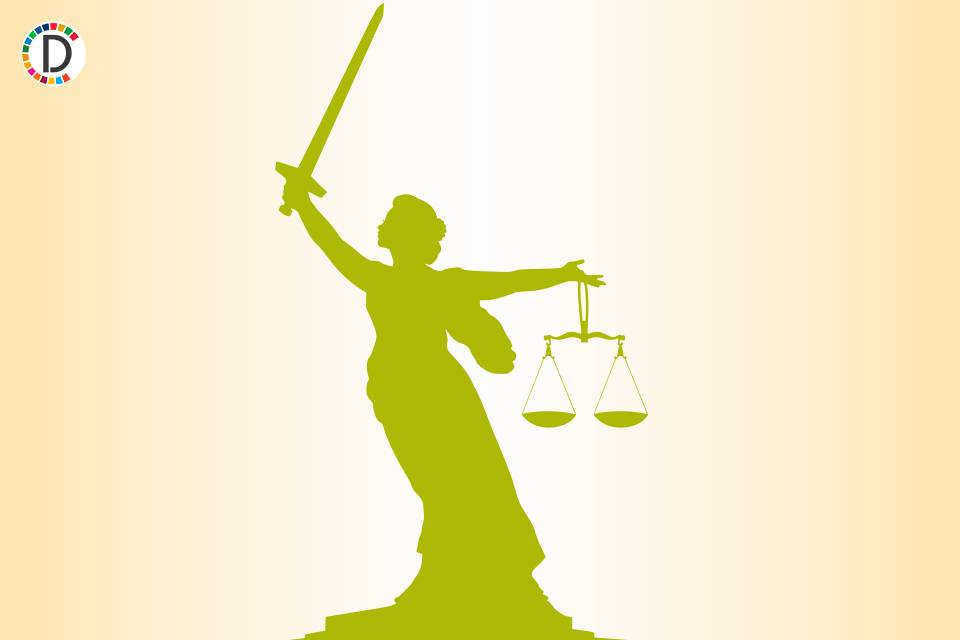Supreme Victory: Madrassa Education Gets the Green Light
The BSP chief Mayawati lauds the Supreme Court's ruling on Uttar Pradesh's madrassa law, emphasizing its role in ending controversies and stabilizing these educational institutions. The Court upheld the 2004 Madrassa Education Board Act as constitutional and remarked on the limits of state power concerning private properties.

- Country:
- India
The Supreme Court's recent decision on Uttar Pradesh's madrassa law has been hailed by BSP chief Mayawati as a pathway to end lingering controversies over the education provided in these institutions. She highlighted the clarity and stability this verdict brings, fostering a sense of assurance for numerous madrassas.
The Supreme Court validated the 2004 Uttar Pradesh Board of Madrassa Education Law, reversing an Allahabad High Court decision that dismissed it for allegedly undermining the principle of secularism. This affirmation is seen as a significant step in securing legal backing for madrassas across Uttar Pradesh.
Moreover, the Court, in a decisive 7:2 ruling, clarified the extent of state authority over private properties, ruling that states do not have the constitutional right to commandeer all privately-owned resources for communal distribution.
(With inputs from agencies.)
ALSO READ
Andhra Pradesh's Bold Steps in Medical Education Under PPP Model
A New Dawn for Andhra Pradesh's Medical Education: PPP Model to Revolutionize Healthcare Training
India's 2026 Edu-Diplomatic Conclave: Bridging Global Education Partnerships
Closure of Educational Institutes Amid Protests in Kashmir
Summons Expected for West Bengal Education Scam Probe










